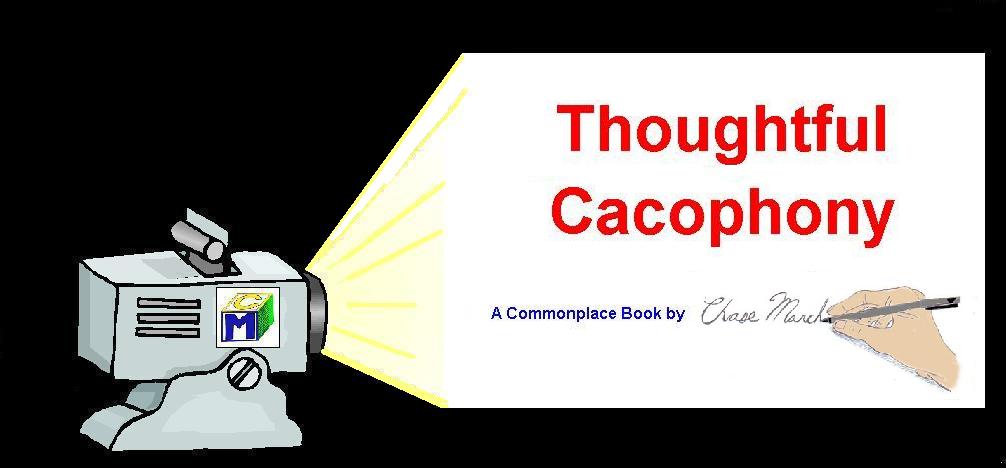 Image via Wikipedia
Image via WikipediaPlay begins in brooding, in the brooding moment. It can be a moment of absolute horror. The uninitiated experience the terror of a formless moment . . . The brooding moment is not only the child who tugs at your sleeve saying, “I don’t know what to do,” but also the writer staring at a blank sheet of paper . . .
The second movement is attachment. Out of brooding comes attachment, a spark of intensity. Attachment requires the ability to recognize what has intensity, to feel the resonance. In the midst of brooding, although it remains unseen and unconscious, and important process unfolds. Pattern and form circulate until the structural resonance finds alignment. Then the writer finds the sentence . . .
And then comes immersion, the moment of being lost in play. This is the transitional state, a different state of consciousness . . . Immersion is the sense of fantasy activity becoming “real.” Then the writer feels the story writing itself and hours are lost . . .
Finally, there is satisfaction—a sense of resolution and release. There is an essential relationship between play and pleasure. Enactment releases the tension. The satisfaction in play, I think, is a result of the sense of completion, not necessarily of achievement."
- D. Stephenson Bond, Living Myth: Personal Meaning as a Way of Life. Shambala, 1993 pg 113-114


No comments:
Post a Comment